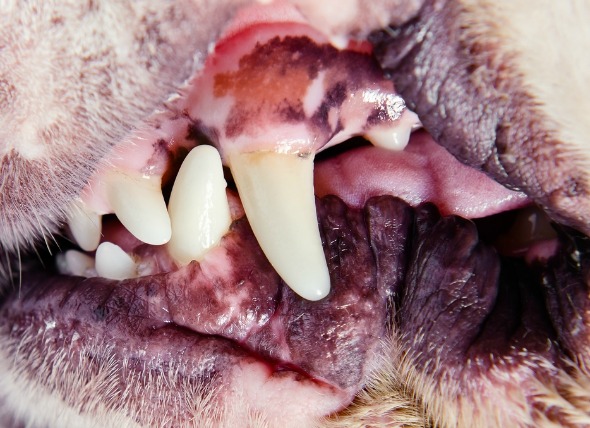

Thrombocytopenia is a medical condition where blood platelets become too low in animals. Platelets are produced in the bone marrow and then released into the blood stream. They also serve the important function of maintaining hemostasis. Low platelet counts can be found in any breed of dog, and at any age. Treatment options do exist and unless the cause of the condition is serious, prognosis for the dog is positive.
Thrombocytopenia affects both dogs and cats. If you would like to learn how this disease affects cats, please visit this page in the PetMD health library.
Dogs with a low platelet count may display symptoms such as:
Thrombocytopenia can be caused by a variety of factors, including:
Veterinarians will measure the dog's blood to determine its platelet count and compare the level against normal baselines. He or she will also rule out any recent trauma or other issues related to hemorrhaging.
Typical blood laboratory tests will be able to determine the cause and whether it is due to a more serious underlying medical issue. In some instances, a bone marrow sample may be used to rule out a variety of medical conditions.
When internal bleeding or issues with ruptured organs are suspected, your veterinarian may perform X-rays and ultrasounds on your dog.
To normalize the dog's platelet count, a platelet transfusion may be recommended. In some cases, an entire blood transfusion may be needed to correct anemia.
One of the more serious complications to look out for in dogs with thrombocytopenia is the potential for excessive hemorrhaging, which generally occurs during an injury or cut. Your veterinarian may also recommend reducing the dog's physical activities or removing any hard foods from its diet, as it can cause your pet's gum to bleed.
There are currently no known preventative measures for this medical condition.
 Enlarged Gums in Dogs
Gingival Hyperplasia in Dogs
Gingival hyperplasia
Enlarged Gums in Dogs
Gingival Hyperplasia in Dogs
Gingival hyperplasia
 Iris Cysts
Iridociliary Cysts in Dogs
Sometimes referred to
Iris Cysts
Iridociliary Cysts in Dogs
Sometimes referred to
 Paralysis Due to Spinal Cord Lesion in Dogs
Schiff-Sherrington Phenomenon in Dogs
Schiff-Sher
Paralysis Due to Spinal Cord Lesion in Dogs
Schiff-Sherrington Phenomenon in Dogs
Schiff-Sher
 Staph Infection in Dogs
Staphylococcal Infections in Dogs
The Staphylococ
Staph Infection in Dogs
Staphylococcal Infections in Dogs
The Staphylococ
 Blood Related Deficiencies in Dogs
Pancytopenia in Dogs
The term pancytopenia does n
Blood Related Deficiencies in Dogs
Pancytopenia in Dogs
The term pancytopenia does n
Copyright © 2005-2016 Pet Information All Rights Reserved
Contact us: www162date@outlook.com